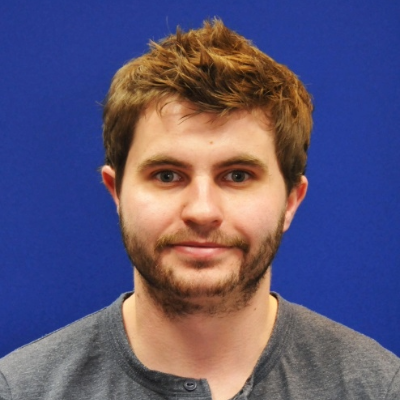Dr Alexander Turner
Assistant Professor, School of Computer Science
alexander.turner@nottingham.ac.uk
I am an Assistant Professor of Computer Science at the University of Nottingham, where I contribute to the Cyber-physical Health and Assistive Robotics Technologies Lab (CHART). My research focuses on multi-modal machine learning, model deployment, and experimental design, with an emphasis on interdisciplinary work across computer science, medicine, biology, and electronics. A key aspect of my work involves the use of computer vision, leveraging transformer-based models to perform machine learning over time-series data.
Currently, my primary focus is on developing advanced technologies to improve the diagnosis and treatment of movement disorders by utilising sensors and machine learning techniques. My ultimate goal is to create cost-effective diagnostic and monitoring devices that can be deployed across borders, particularly in countries with under-resourced healthcare systems, to make these innovations accessible to those in need.

N3Centre Research Interests
- Clinical translation/application of neurotechnology.
Current projects
Project title: Investigating the therapeutic efficacy of median nerve electrical stimulation for Parkinson's disease tremor
Funding: £141,780, Parkinson’s UK, commenced June 202
Project title: Biomarkers for Babies and Young Children with Ataxia Telangiectasia.
Funding: £246,867.32, Action for A-T (CI)
Key Publications
- Turner, A., Hayes, S. and Sharkey, D., 2023. The classification of movement in infants for the autonomous monitoring of neurological development. Sensors, 23(10), p.4800.
- Rahemtulla, Z., Turner, A., Oliveira, C., Kaner, J., Dias, T. and Hughes-Riley, T., 2023. The design and engineering of a fall and near-fall detection electronic textile. Materials, 16(5), p.1920.
-
Turner, A., Scott, D. and Hayes, S., 2022, July. The classification of multiple interacting gait abnormalities using insole sensors and machine learning. In 2022 IEEE International Conference on Digital Health (ICDH) (pp. 69-76). IEEE.
- Turner, A. and Hayes, S., 2019. The classification of minor gait alterations using wearable sensors and deep learning. IEEE Transactions on Biomedical Engineering, 66(11), pp.3136-3145.